Differential Service: Too Often Neglected by Drivers
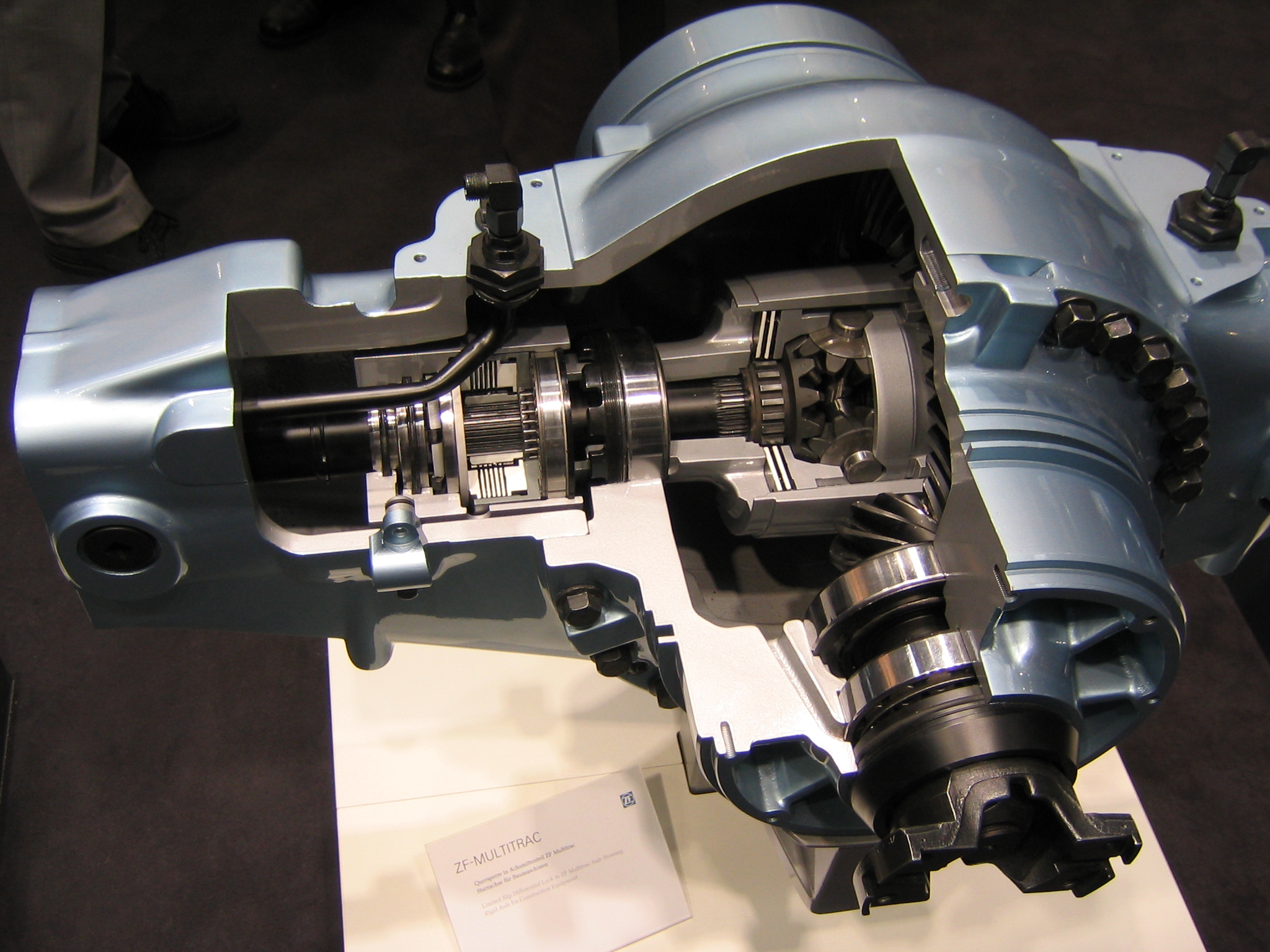
Mark Auto Repair off Your Back-To-School To-Do List

Benefits You Didn’t Know About Oil Changes
Automotive technology has come a long way since the mid-20th century, and so has motor oil. A 1940s-era car didn’t feature an oil pump or oil filter. Instead, they relied on dippers on the crankshaft’s counterweights, which would then sling oil to coat crucial moving parts. Motor oils in those days weren’t designed with detergents and other additives to help keep the engine clean; even with frequent oil change intervals, many cars would be in need of an engine overhaul by the time they reached 80,000 miles.
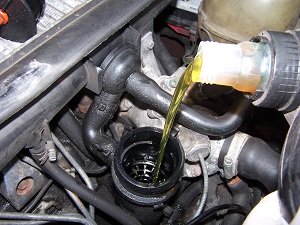
Today’s motor oil formulations incorporate additives to suspend contaminants in the oil so they can easily be trapped by the oil filter. Here are a few other facts about motor oil you may not have known:
...[more]
Six Hot Tips on Cool Air Conditioning
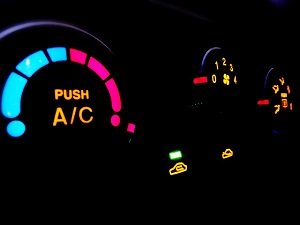 Summer is here, and it’s time to start thinking about your car’s AC system! Nobody likes driving around in a hot, stuffy car, and a car with an AC system which only works marginally is somehow almost even worse than one which doesn’t work at all. Let’s go through a few tips which can help you keep your ride a little more comfortable this summer…
Summer is here, and it’s time to start thinking about your car’s AC system! Nobody likes driving around in a hot, stuffy car, and a car with an AC system which only works marginally is somehow almost even worse than one which doesn’t work at all. Let’s go through a few tips which can help you keep your ride a little more comfortable this summer…
Remember a cars AC system is really a heat exchanger which moves hot air out of your vehicle, then replaces it with cold air. One thing you can do to help improve its efficiency is to leave your windows down an inch or two (if possible) when you park the car, helping to prevent excess heat buildup. When you start the car and begin to drive off, lower all the windows for the first minute or two to help move hot air out of the car more quickly, giving the AC system a chanc ...[more]
9 Tips for your Spring Vehicle Checkup
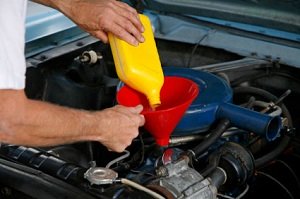 The temperatures are inching upward, the days are getting longer and the first buds are starting to appear on the trees. Spring is on its way, and soon it’s going to be time to do a little preventive maintenance on your ride. No need to dread it -- it’s all pretty routine stuff!
The temperatures are inching upward, the days are getting longer and the first buds are starting to appear on the trees. Spring is on its way, and soon it’s going to be time to do a little preventive maintenance on your ride. No need to dread it -- it’s all pretty routine stuff!
- Air filter - If you haven’t changed your air filter since last year (or can’t remember when you changed it at all), it might be time. It’s an easy and cheap fix, and it pays off in your vehicle’s performance and fuel economy.
- Cabin filter - Older vehicles often don’t have a cabin filter, but it can make a lot of difference in how pleasant your vehicle is to drive. Stale, smelly air? Change it!
- Wipers -- Get a good look at them. Are they showing signs ...[more]
Five Tips for Thanksgiving Travel
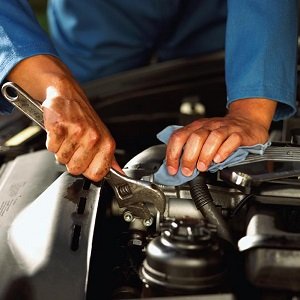 1. Tires: Ensure tire pressure is properly serviced and maintained for both lengthy travels and everyday driving. Underinflation of tires can cause unnecessary wear and hardship to tire tread, causing tire failure or malfunctions. If not properly inflated, fuel economy can be severely decreased, causing drivers to lose about .6 miles per gallon due to improper tire conditions. Whether over or under inflated, tires can easily lose traction that could lead to an accident if not addressed. Service tires before Thanksgiving travel this holiday season to avoid unnecessary accidents, injury or inconvenience.
1. Tires: Ensure tire pressure is properly serviced and maintained for both lengthy travels and everyday driving. Underinflation of tires can cause unnecessary wear and hardship to tire tread, causing tire failure or malfunctions. If not properly inflated, fuel economy can be severely decreased, causing drivers to lose about .6 miles per gallon due to improper tire conditions. Whether over or under inflated, tires can easily lose traction that could lead to an accident if not addressed. Service tires before Thanksgiving travel this holiday season to avoid unnecessary accidents, injury or inconvenience.Daylight Saving Ends - Check Your Vehicle Lights
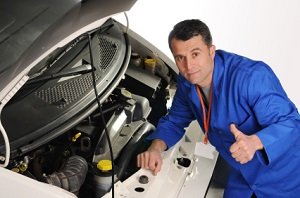 Prepare for the end of Daylight Saving Time with proper maintenance of vehicle lighting to ensure safety. After November 2nd, clocks “fall back” which causes most drivers’ commutes to be in darker lighting, being that dusk will occur during peak hours of evening traffic hours. As winter quickly approaches, vehicle lighting should be inspected to ensure optimum visibility for drivers in dim or inclement conditions that command top quality operations of both lighting and windshield wipers.
Prepare for the end of Daylight Saving Time with proper maintenance of vehicle lighting to ensure safety. After November 2nd, clocks “fall back” which causes most drivers’ commutes to be in darker lighting, being that dusk will occur during peak hours of evening traffic hours. As winter quickly approaches, vehicle lighting should be inspected to ensure optimum visibility for drivers in dim or inclement conditions that command top quality operations of both lighting and windshield wipers.Don't Be Scared By Auto Repair - Fall Car Care Tips
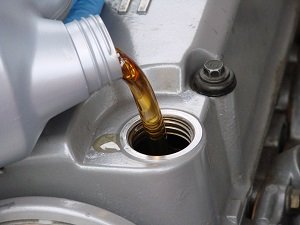 As Halloween quickly approaches, the spookiest time of the year is right around the corner with plenty of goblins and ghosts to frighten even the most cheerful souls. However, nothing is more frightening than unwanted vehicle malfunctions or foreseeable failures. Prevent excessive auto repair situations with useful tips on Halloween driver safety coupled with careful driving habits to keep any vehicle rolling through this season. Through proper maintenance and inspections, auto repair does not have to be scary; instead find safety in proper vehicle operations with improved handling, fuel efficiency and mobility.
As Halloween quickly approaches, the spookiest time of the year is right around the corner with plenty of goblins and ghosts to frighten even the most cheerful souls. However, nothing is more frightening than unwanted vehicle malfunctions or foreseeable failures. Prevent excessive auto repair situations with useful tips on Halloween driver safety coupled with careful driving habits to keep any vehicle rolling through this season. Through proper maintenance and inspections, auto repair does not have to be scary; instead find safety in proper vehicle operations with improved handling, fuel efficiency and mobility.Invest in the Future of any Vehicle with TPMS - Tire Pressure Monitoring Systems
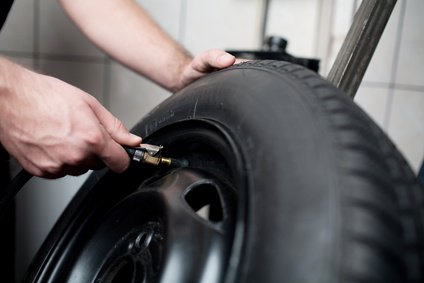 As most drivers can contest firsthand, tires are not invincible. Composed from many separate layers of steel-encased rubber fabrics and durable materials, tires eventually wear down and can cause vehicle owners costly repairs or even replacement. Understanding what measures should be taken to properly maintain tires will both lengthen tire life and support vehicle functionality and longevity. Tire Pressure Monitoring Systems (TPMS) introduce revolutionary tire protection technology to constantly report on tire pressure in each tire for vehicle safety and sustainability.
As most drivers can contest firsthand, tires are not invincible. Composed from many separate layers of steel-encased rubber fabrics and durable materials, tires eventually wear down and can cause vehicle owners costly repairs or even replacement. Understanding what measures should be taken to properly maintain tires will both lengthen tire life and support vehicle functionality and longevity. Tire Pressure Monitoring Systems (TPMS) introduce revolutionary tire protection technology to constantly report on tire pressure in each tire for vehicle safety and sustainability.
Without assistance from a Tire Pressure Monitoring System (TPMS), tires become more susceptible to avoidable damages due to low tire pressure. In the United States, according to National Highway Tr ...[more]
Is it Time for a Tire Rotation?
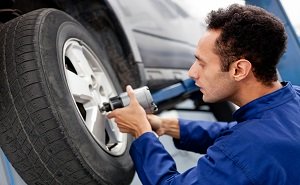 Tire rotation is an easy maintenance item that has long term benefits for any vehicle. When properly maintained, tire rotations can improve fuel economy, extend tire life and provide drivers better handling through improved stability. Frequently servicing vehicles with tire rotations is imperative to sustaining tire tread by ensuring all tires are used evenly without excessive wear to one section or another.
Tire rotation is an easy maintenance item that has long term benefits for any vehicle. When properly maintained, tire rotations can improve fuel economy, extend tire life and provide drivers better handling through improved stability. Frequently servicing vehicles with tire rotations is imperative to sustaining tire tread by ensuring all tires are used evenly without excessive wear to one section or another.
Normal tread wear is unavoidable due to uneven vehicle weight dispersal, vehicle performance, etc. Without tire rotations, tires continue to wear on the same areas over and over, causing irreversible damage to tire tread which drastically decreases tire life. Engine weight accounts for a major portion of vehicle weight, causing front tires to wear significantly faster than back tires. Front tires ...[more]
| 12 | Next >> |
